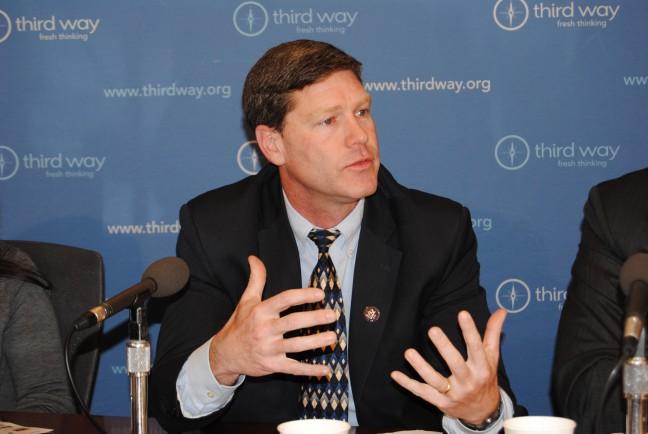With a recent college affordability package proposed by Gov. Scott Walker, and Democrats drafting competing policies, lawmakers throughout Wisconsin are working to address the issue of student loan debt on the state level.
But U.S. Rep. Ron Kind, D-Wisconsin, said a more significant impact would be made if college affordability was addressed on the federal level.
“Most student loans are federal-based,” Kind said. “You have to make changes at the federal level in order to get at the vast bulk of student loans and student debt.”
Kind has proposed the “College Affordability Action Plan,” to combat student loan debt. The package includes provisions that allow refinancing of student loans, redirecting federal funds to the Federal Pell Grant program and a permanent extension for the Federal Perkins Loan.
Current national student loan debt exceeds $1.2 trillion, which is more than all of credit card debt people hold, Kind said.
Student loan refinancing, which Kind’s bill package has a provision for, has faced opposition on the state level. The Assembly voted against the “Higher Ed, Lower Debt” refinancing bill in November 2015, and also refused to add it to Walker’s college affordability package in committee.
Kind said even though refinancing would be one of the more costly aspects of his plan, he thinks consolidating student loans and lowering interest rates would help students recover from their debt.
David Boardman, spokesperson for Rep. David Murphy, R-Greenville, said refinancing was not implemented on the state level because of its large fiscal impact. He said the “Higher Ed, Lower Debt” bill would have cost taxpayers $108 million, and refinancing isn’t proven to actually help students.
“We really haven’t been able to see around the country that [refinancing] actually does indeed lead to lower rates,” Boardman said.
The affordability package proposed by Kind does not currently have a cost estimate.
Kind said he has to wait to see whether or not his plan will gain bipartisan support in Congress. He is optimistic that the permanent extension for the Perkins Loan Program will gain Republican support because of past bipartisanship. Congress had a two year extension for the Perkins Loan at the end of last year with bipartisan support, he said.
The permanent extension of the Perkins Loan Program is especially important, he said, because many students rely on that funding to pay for school.
Kind said a problem with support for higher education is that the federal government makes $127 billion in profit from federal student loan programs. Another provision of his plan would take these profits and channel them toward the Federal Pell Grant program.
Other aspects of Kind’s package include giving tax credits to students and families to make college more affordable and increasing access to work study and job training programs.
Kind said addressing student loan debt will not only help students, but the entire nation.
“One of the great equalizers we have in our society is a quality education and making sure that that’s accessible [and] affordable for students is important to where our nation and our economy is going to go,” Kind said.


